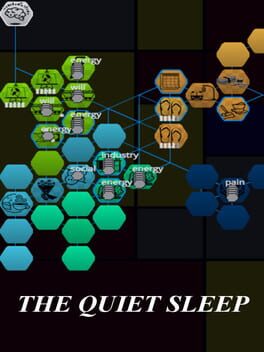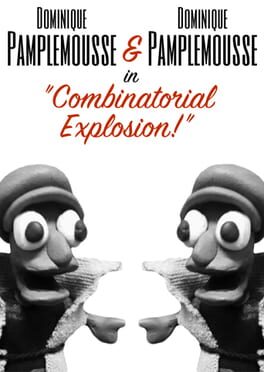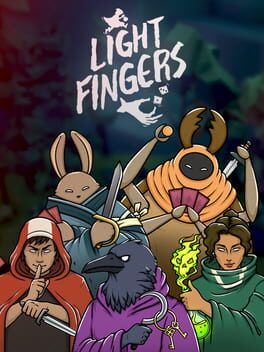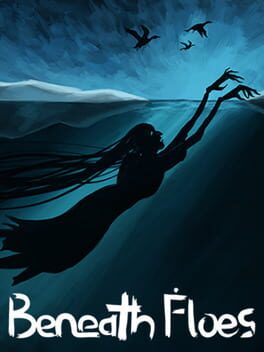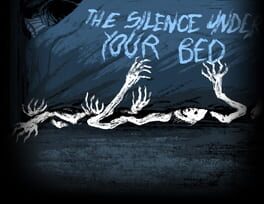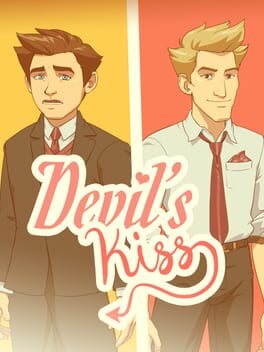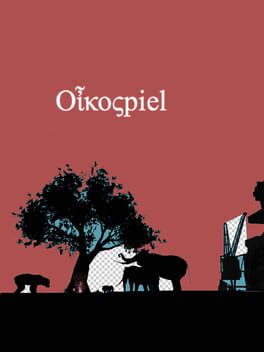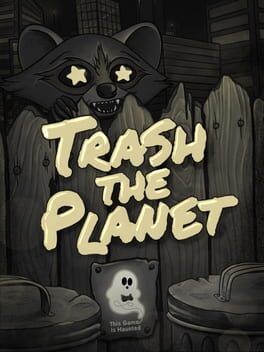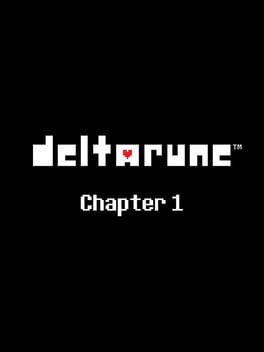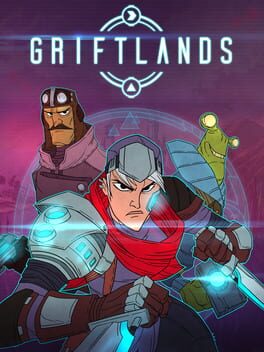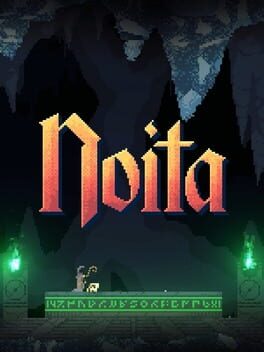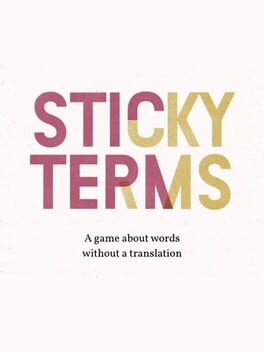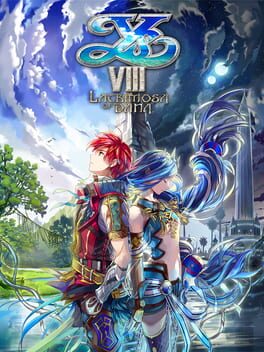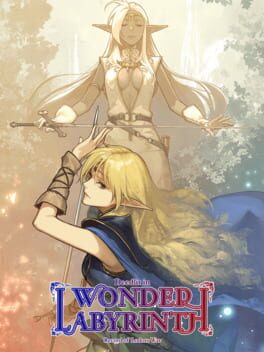nex3
BACKER
2017
This game does have the property wherein describing what's happening sounds like telling a story, which I appreciate a lot, but represents the minimum level of narrative/mechanical connection that still has that property. All the game pieces just consume some resource(s) and produce others, and that monomorphism puts a hard limit on how interestingly it can express stories.
2018
The website for this game didn't make it at all clear that the core tactical board-game portion of it wasn't available in single-player mode, so all I played was the dungeon rush. This is unfortunately just a mediocre platformer with inexplicably annoying-to-collect coins.
While I can't speak directly to the rest of the game, if it had the same lack of attention to detail as the portion I played (things like lacking d-pad support despite being Switch-only and having most controls emulate directional buttons), I'm not excited to give it a try.
While I can't speak directly to the rest of the game, if it had the same lack of attention to detail as the portion I played (things like lacking d-pad support despite being Switch-only and having most controls emulate directional buttons), I'm not excited to give it a try.
2015
There were some solid stories in this, but it doesn't live up to the standard set by other Bravemule games. The structure has too much space to comfortably be filled by two writers, leaving stories (particularly Snow's) feeling repetitive and cheesy. The framing device, while kind of amusing the first time, became seriously annoying when going back to play through all the stories--particularly in the third playthrough where the player is forced to replay a story they've already seen. That said, Khaw's "The Necromancer's Blues" was an inventive use of the form, and Henderson's art was evocative throughout.
2020
2017
2021
2018
2020
Somewhere in the possibility space bracketed by 80 Days and Sunless Sea/Skies there lies the perfect synthesis of mechanic and narrative, a game that assembles stories so fluidly as you play that you can't tell where the bespoke attention of the writers ends and the emergent storytelling of your particular playthrough begins.
Griftlands is not that game, but it reaches towards it as an ideal. It makes each run feel like its own little story with a grace Invisible Inc never managed, and the individual relationship with each NPC in each run makes the world feel alive in a way that outsizes the relatively simple social mechanics involved.
The deckbuilder mechanics are solid, too. It's not up to Slay the Spire's standard yet, but then again I haven't unlocked everything and Slay the Spire isn't even up to its own standard without everything unlocked. I'm sure I'll come back to this many times in the coming years.
Griftlands is not that game, but it reaches towards it as an ideal. It makes each run feel like its own little story with a grace Invisible Inc never managed, and the individual relationship with each NPC in each run makes the world feel alive in a way that outsizes the relatively simple social mechanics involved.
The deckbuilder mechanics are solid, too. It's not up to Slay the Spire's standard yet, but then again I haven't unlocked everything and Slay the Spire isn't even up to its own standard without everything unlocked. I'm sure I'll come back to this many times in the coming years.
2020
It is SO HARD to aim accurately in this game, and yet the game seems hell bent on requiring the player to master combat in order to have any hope of progressing more than a few minutes. Doing poorly in even a single fight is extremely punishing, since you're liable to end up poisoned or on fire and losing half your health bar in a single go. The core draw of this genre is the exploration of a possibility space, but that's so hard here the game seems almost unplayable.
2020
2020
After playing through all the Soulsies this year, this felt like a reminder of why I usually DON'T like action RPGs. Maybe I've grown too used to their deliberate combat speed and minimalist mechanics, but the combat in Ys melted together into an undifferentiated sea of numbers flying off enemies as they soaked up damage. I kept learning special move after special move but I could never figure out which to use when and why so I would just jam buttons almost at random (and usually win anyway). Flash guard and evade were almost enough to pull it back out to something I felt like I could engage with, if they didn't feel like an ancillary feature of the primary goal of jamming the right buttons to maximize DPS.
